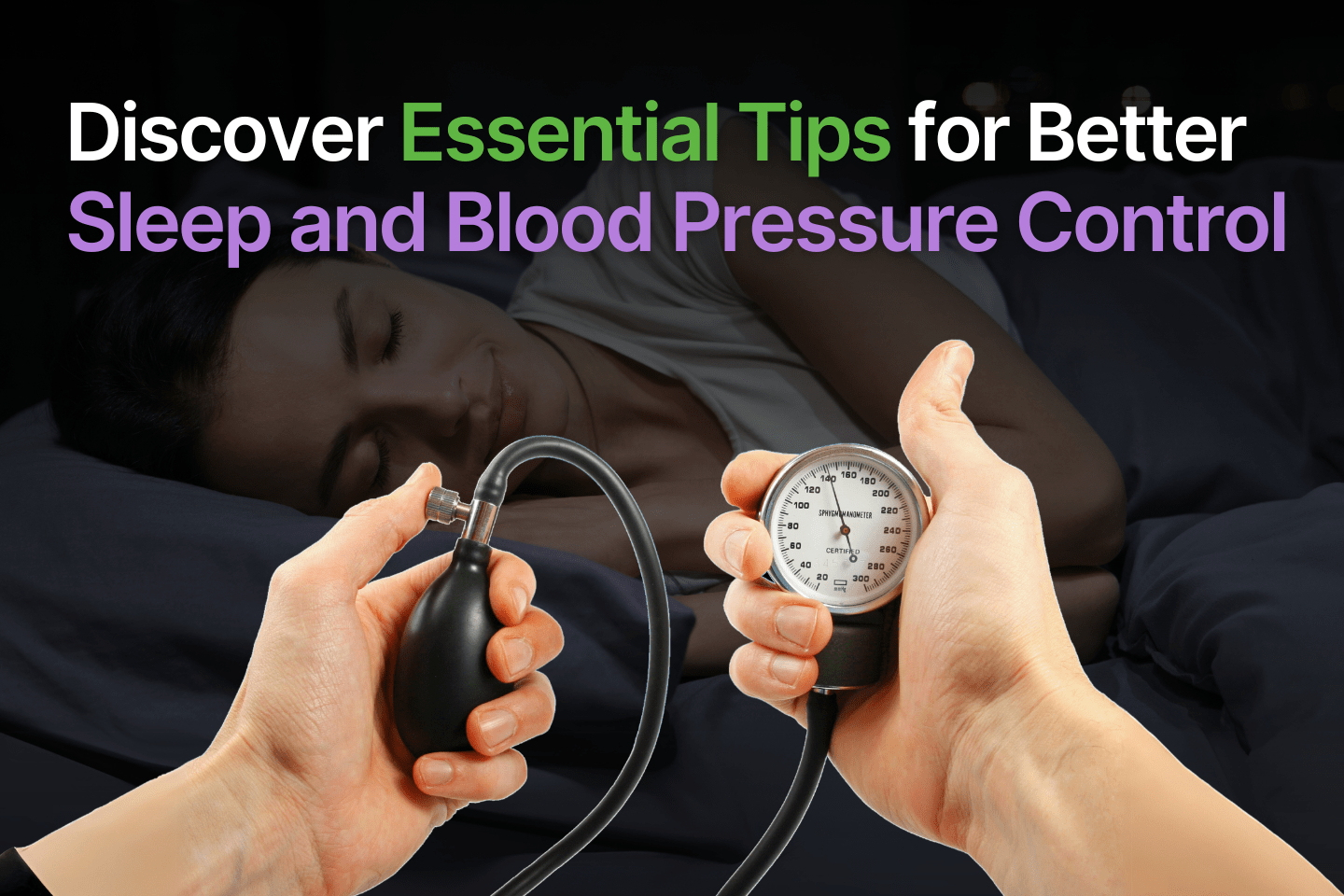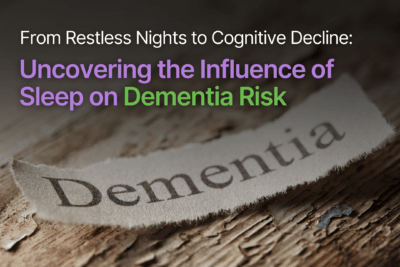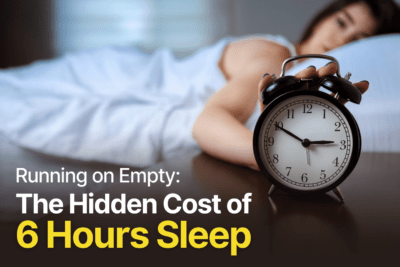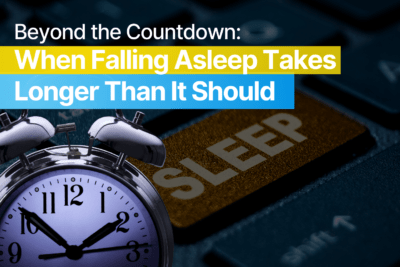
Home » The Correlation Between Sleep and Blood Pressure
https://youtube.com/shorts/PEAXpjObu5c
Sleep and Blood Pressure: Understanding the Crucial Link
In the fast-paced world we live in, sleep often takes a back seat to the demands of work, family, and social life. Yet, its importance cannot be overstated, especially when it comes to our health. One crucial aspect of our well-being that sleep profoundly influences is our blood pressure. The relationship between sleep and blood pressure is intricate and multifaceted, with research continually uncovering new insights into how these two vital aspects of our health interact.
Understanding Blood Pressure
Before delving into the connection with sleep, let’s first grasp the fundamentals of blood pressure. Blood pressure is a measure of the force of blood against the walls of arteries as the heart pumps it around the body. It is typically recorded as two numbers:
– Systolic pressure: The top number, representing the pressure in the arteries when the heart beats.
– Diastolic pressure: The bottom number, indicating the pressure in the arteries when the heart rests between beats.
A normal blood pressure reading is considered around 120/80 mmHg (millimeters of mercury). Consistently high blood pressure, or hypertension, is a significant risk factor for various cardiovascular diseases, including heart attacks and strokes.
Will lack of sleep cause high blood pressure?
The Vital Connection Between Sleep and Blood Pressure
Sleep is a crucial period of physiological restoration and regulation. During sleep, our bodies repair tissues, consolidate memories and regulate hormone levels. Emerging research over the past few decades has highlighted the significant role sleep plays in regulating blood pressure.
Nighttime Dipping
One of the critical observations made in sleep research is the phenomenon known as “nighttime dipping.” Normally, blood pressure naturally decreases during sleep, with most people experiencing a dip of around 10-20% compared to daytime levels. This nighttime dip is crucial for cardiovascular health because it allows the heart and blood vessels to rest and recover from the demands of the day.
However, disrupted sleep patterns or conditions like sleep apnea can interfere with this nighttime dipping effect, leading to sustained higher blood pressure levels even during sleep. Over time, this can contribute to the development of hypertension and its associated health risks.
Sleep Duration and Blood Pressure
Studies have consistently shown a correlation between sleep duration and blood pressure levels. Both short sleep duration (typically defined as less than 6 hours per night) and excessively long sleep duration (more than 9 hours per night) have been associated with higher blood pressure levels and an increased risk of hypertension.
The exact mechanisms linking sleep duration to blood pressure are complex and multifactorial. Short sleep duration is thought to disrupt the body’s natural rhythms and increase stress hormones like cortisol, which can raise blood pressure. On the other hand, prolonged sleep may be indicative of underlying health issues or poor sleep quality, which can also contribute to hypertension.
Sleep Quality Matters
Beyond duration, the quality of sleep also plays a critical role in blood pressure regulation. Conditions like insomnia, sleep apnea, restless leg syndrome, and disrupted sleep architecture (such as frequent awakenings) have all been linked to higher blood pressure levels and an increased risk of hypertension.
Sleep apnea, in particular, is strongly associated with hypertension. This condition involves repeated pauses in breathing during sleep, leading to oxygen desaturation and increased sympathetic nervous system activity, both of which can elevate blood pressure levels over time.
Lack of sleep and high blood pressure
Mechanisms Linking Sleep and Blood Pressure
The exact mechanisms through which sleep influences blood pressure are still being investigated, but several key pathways have been identified:
– Autonomic Nervous System: During sleep, particularly deep sleep stages like slow-wave sleep, the autonomic nervous system shifts towards parasympathetic dominance. This shift promotes relaxation and lowers heart rate and blood pressure.
– Hormonal Regulation: Sleep plays a crucial role in regulating hormones that affect blood pressure, such as cortisol, renin, and aldosterone. Disruptions in sleep patterns can lead to dysregulation of these hormones, contributing to higher blood pressure levels.
– Inflammation and Oxidative Stress: Poor sleep quality is associated with increased inflammation and oxidative stress in the body, both of which can damage blood vessels and lead to elevated blood pressure.
Sleep patterns and high blood pressure
5 Practical Implications and Recommendations
Given the strong correlation between sleep and blood pressure, optimizing sleep habits is essential for maintaining cardiovascular health. Here are some practical recommendations:
- Consistent Sleep Schedule: Aim for a consistent sleep schedule, going to bed and waking up at the same time each day, even on weekends.
- Create a Sleep-Friendly Environment: Ensure your bedroom is conducive to sleep by keeping it cool, dark, and quiet. Invest in a comfortable mattress and pillows.
- Limit Stimulants and Screens: Avoid caffeine and electronic devices close to bedtime, as they can interfere with sleep quality.
- Manage Stress: Practice relaxation techniques such as deep breathing, meditation, or yoga to promote better sleep and lower blood pressure.
- Seek Treatment for Sleep Disorders: If you suspect you have a sleep disorder like sleep apnea or insomnia, seek evaluation and treatment from a healthcare professional. Effectively managing these conditions can help improve sleep quality and blood pressure control.
The Role of Diet and Exercise
In addition to sleep, diet and exercise play critical roles in managing blood pressure. Consuming a balanced diet rich in fruits, vegetables, whole grains, and lean proteins can support overall cardiovascular health. Foods high in potassium, such as bananas, spinach, and sweet potatoes, can help lower blood pressure by counteracting the effects of sodium. Regular physical activity, such as walking, jogging, or swimming, strengthens the heart and improves blood flow, contributing to healthier blood pressure levels.
The Impact of Stress on Sleep and Blood Pressure
Chronic stress is a known contributor to both poor sleep and high blood pressure. When stressed, the body releases stress hormones like adrenaline and cortisol, which can increase heart rate and blood pressure. Over time, chronic stress can lead to persistent high blood pressure. Incorporating stress management techniques, such as mindfulness, deep breathing exercises, and progressive muscle relaxation, can help mitigate these effects and improve both sleep quality and cardiovascular health.
Monitoring Blood Pressure and Sleep Patterns
Keeping track of your blood pressure and sleep patterns can provide valuable insights into how your lifestyle choices affect your health. Consider using a blood pressure monitor to regularly check your readings and a sleep tracker to monitor your sleep duration and quality. Share this information with your healthcare provider to make informed decisions about your health.
Sleep plays a vital role in regulating blood pressure through a complex interplay of physiological mechanisms. Disruptions in sleep patterns, whether due to short sleep duration, poor sleep quality, or sleep disorders, can significantly impact blood pressure levels and increase the risk of hypertension and cardiovascular disease.
Recognizing the importance of sleep for cardiovascular health underscores the need for prioritizing good sleep hygiene and seeking timely intervention for sleep-related issues. By making sleep a priority and adopting healthy sleep habits, individuals can contribute to better blood pressure control and overall well-being. As research continues to uncover the intricate connections between sleep and blood pressure, integrating these findings into clinical practice and public health strategies will be crucial for promoting cardiovascular health on a global scale.
By understanding and addressing the links between sleep and blood pressure, we can take proactive steps to enhance our health, reduce the risk of hypertension, and improve our overall quality of life.
SOURCES
1. American Heart Association (AHA):
– The AHA provides extensive information on hypertension and its risk factors, including the role of sleep in blood pressure regulation.
– Source: [American Heart Association – Hypertension](https://www.heart.org/en/health-topics/high-blood-pressure)
2. National Sleep Foundation (NSF):
– The NSF offers insights into the relationship between sleep and cardiovascular health, including blood pressure regulation.
– Source: [National Sleep Foundation – Sleep and Cardiovascular Health](https://www.sleepfoundation.org/sleep-health/lifestyle/sleep-and-cardiovascular-health)
3. National Institutes of Health (NIH):
– NIH conducts and funds research on sleep disorders and their impact on health, including hypertension.
– Source: [NIH – Sleep and Hypertension](https://www.nhlbi.nih.gov/health-topics/sleep-and-heart-health)
4. Mayo Clinic:
– The Mayo Clinic discusses various aspects of sleep disorders and their effects on blood pressure.
– Source: [Mayo Clinic – Sleep Disorders](https://www.mayoclinic.org/diseases-conditions/sleep-disorders/symptoms-causes/syc-20354018)
5. PubMed:
– PubMed provides access to numerous studies and articles on the correlation between sleep patterns, sleep disorders, and blood pressure regulation.
– Source: [PubMed – Search Results on Sleep and Blood Pressure](https://pubmed.ncbi.nlm.nih.gov/?term=sleep+and+blood+pressure)
6. Harvard Health Publishing:
– Harvard Health Publishing offers insights into the impact of sleep duration and quality on cardiovascular health, including blood pressure.
– Source: [Harvard Health – Sleep and Cardiovascular Health](https://www.health.harvard.edu/newsletter_article/sleep-and-cardiovascular-health)









